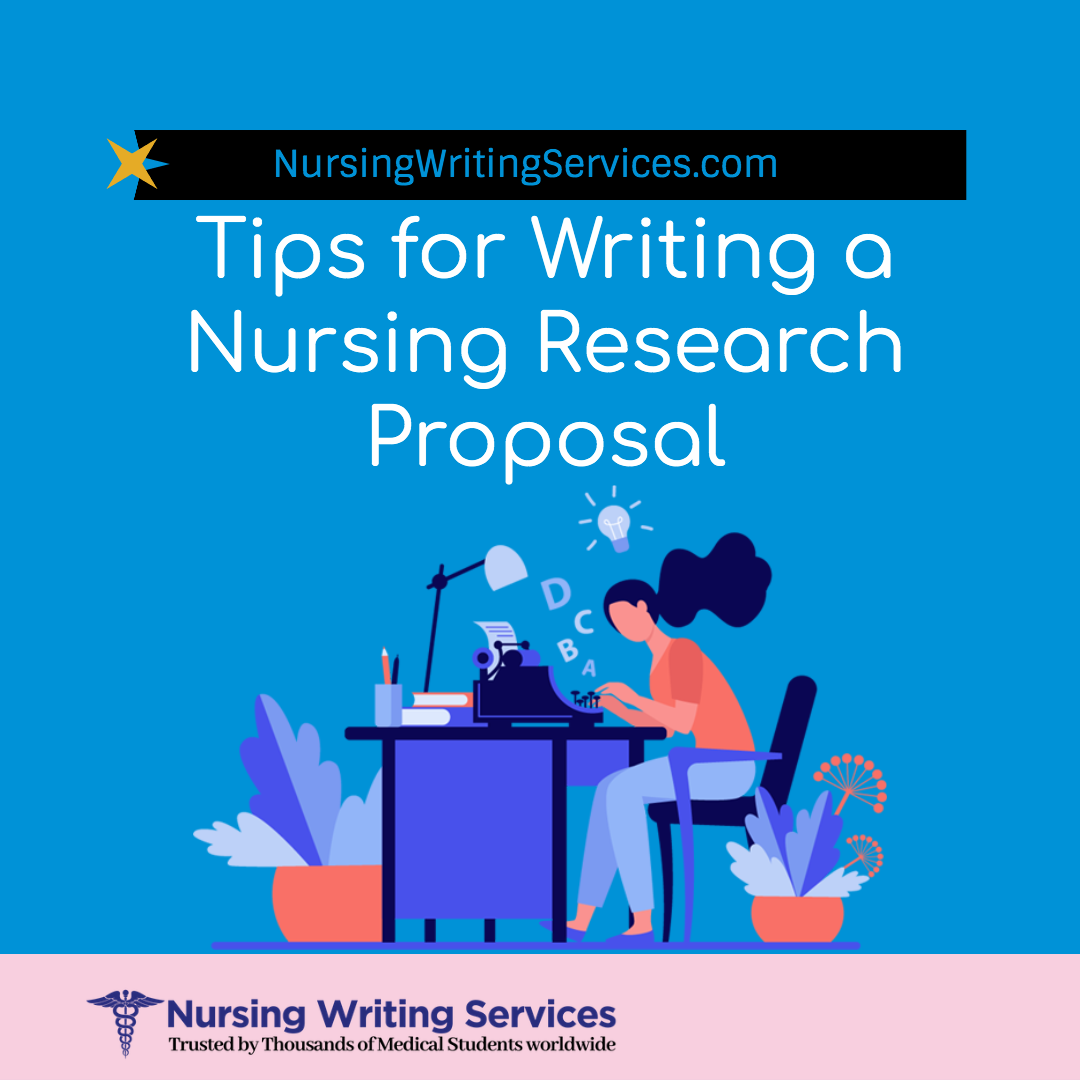Strategies for Writing a Nursing Case Study
Nursing case studies are an essential aspect of nursing education as they help students apply theoretical knowledge to real-life situations. The process of writing a nursing case study can be overwhelming, particularly for new nursing students. However, with the right strategies, writing a nursing case study can be an enjoyable experience that enhances one's learning. In this article, we will discuss strategies for writing a nursing case study.
Understand the Case Study Assignment
Before starting to write a nursing case study, it is essential to understand the assignment requirements. This includes the format of the case study, the length of the paper, and the grading criteria. Understanding these requirements will help you to stay focused and avoid any unnecessary information that does not address the case study's objectives.
Identify the Patient
The first step in writing a nursing case study is identifying the patient. This involves obtaining a detailed patient history, including demographic information, medical history, and presenting symptoms. The patient's history is crucial as it helps to establish the patient's health status, identify potential risks, and develop an appropriate nursing care plan.
Conduct a Thorough Assessment
After identifying the patient, the next step is to conduct a thorough assessment. This involves gathering information about the patient's current health status, including physical, psychological, and social aspects. The assessment should cover all aspects of the patient's health, including any existing medical conditions, medications, allergies, and vital signs. Additionally, it is important to evaluate the patient's mental and emotional status, as well as any social or environmental factors that may affect their health.
Develop a Nursing Care Plan
Once you have completed the patient assessment, the next step is to develop a nursing care plan. The nursing care plan should be patient-centered, evidence-based, and culturally sensitive. The plan should include achievable goals, interventions, and expected outcomes. It should also take into consideration the patient's preferences, values, and beliefs.
Write the Case Study
After developing the nursing care plan, the next step is to write the case study. The case study should follow a specific format, including an introduction, patient background information, assessment findings, nursing diagnosis, nursing care plan, interventions, and outcomes. The case study should be well-organized, concise, and written in a professional tone. Additionally, it should be free of any grammatical errors or typos.
Include Evidence-Based Practice
In writing a nursing case study, it is important to include evidence-based practice. This involves using current research and literature to support your nursing care plan and interventions. Evidence-based practice helps to ensure that the nursing interventions are effective and based on the best available evidence.
Use a Patient-Centered Approach
When writing a nursing case study, it is important to use a patient-centered approach. This means focusing on the patient's needs, preferences, and values when developing the nursing care plan and interventions. The patient's input and involvement should be included in the nursing care plan, and their feedback should be taken into consideration when evaluating the effectiveness of the interventions.
Reflect on the Case Study
After completing the nursing case study, it is important to reflect on the experience. This involves evaluating the effectiveness of the nursing care plan and interventions and identifying areas for improvement. Reflection is an important aspect of nursing education as it helps students to learn from their experiences and develop critical thinking skills.
Some common nursing case study scenarios that nursing students may encounter during their education:
- Patient with hypertension
- Patient with Type 2 diabetes mellitus
- Patient with Chronic Obstructive Pulmonary Disease (COPD)
- Patient with Congestive Heart Failure (CHF)
- Patient with Deep Vein Thrombosis (DVT)
- Patient with Myocardial Infarction (MI)
- Patient with Pneumonia
- Patient with Septic Shock
- Patient with Renal Failure
- Patient with Stroke
- Patient with Gastrointestinal Bleeding
- Patient with Multiple Sclerosis (MS)
- Patient with Parkinson's Disease (PD)
- Patient with Alzheimer's Disease (AD)
- Patient with Schizophrenia
- Patient with Bipolar Disorder
- Patient with Substance Abuse Disorder
- Patient with Depression
- Patient with Anxiety Disorder
- Patient with Eating Disorder
- Patient with Chronic Pain
- Patient with Spinal Cord Injury
- Patient with Traumatic Brain Injury (TBI)
- Patient with Cancer
- Patient with HIV/AIDS
- Patient with Wound Infection
- Patient with Pressure Ulcer
- Patient with Urinary Tract Infection (UTI)
- Patient with Sepsis
- Patient with Respiratory Distress Syndrome (RDS)
Conclusion
In conclusion, writing a nursing case study requires careful planning, attention to detail, and the use of evidence-based practice. Understanding the assignment requirements, identifying the patient, conducting a thorough assessment, developing a nursing care plan, and writing the case study in a patient-centered approach are essential strategies for writing a successful nursing case study. Additionally, including evidence-based practice and reflecting on the experience can enhance the learning experience and improve nursing practice.






